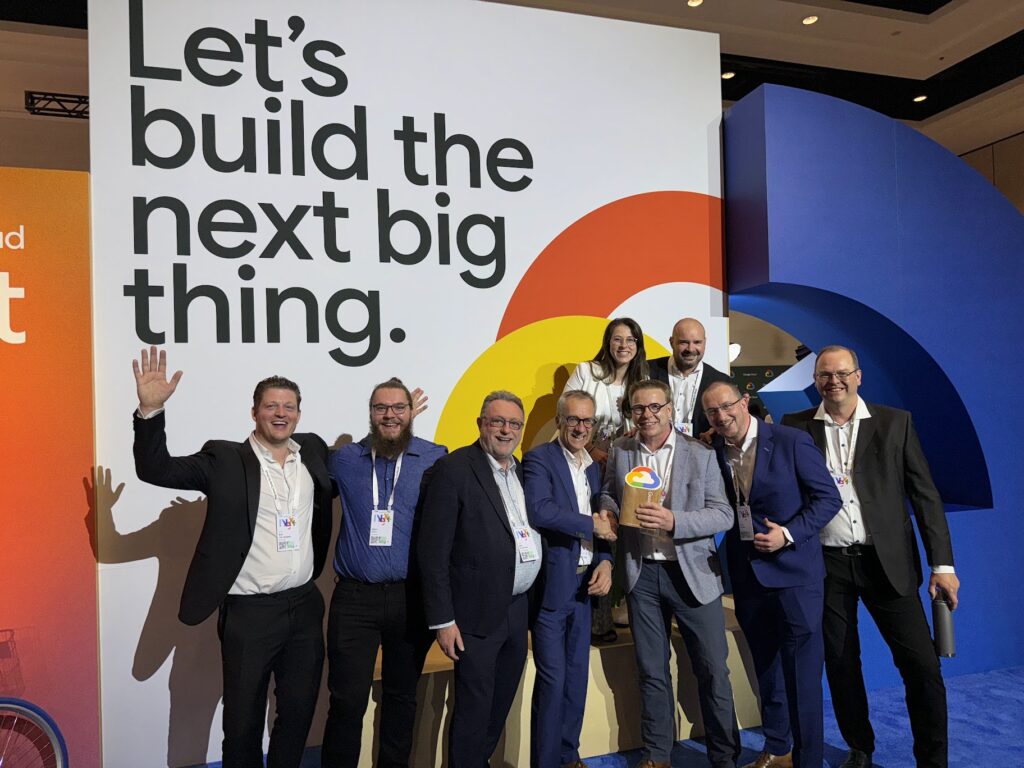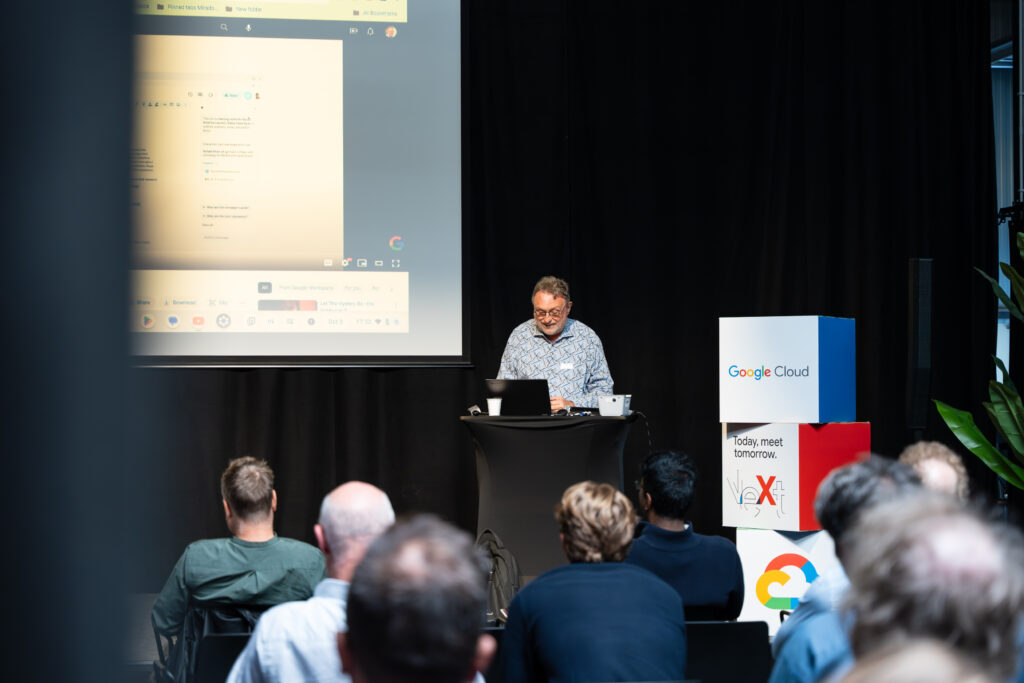As representatives of the Google ecosystem within The Cronos Group, we like to put the spotlight on competence centers that leverage the power of Google Cloud to help make their clients’ lives easier. A great example of such a use case is the collaboration between Algorhythm, one of our data experts within our ecostem, and publiq. Algorhythm helped them with the automation of a repetitive administrative job using Google’s Apps Script.
Publiq manages online leisure activity calendars, largely on behalf of the Flemish government. The communications specialist is the active partner behind applications such as UiTinVlaanderen and the museumpas. They gather together lots of information about a wide range of recreational pursuits to help more people plan fun activities in their free time. Their technology platform currently processes more than 200,000 events every year, and is connected to some 1,000 online calendars. The most well-known of these is the aforementioned UiTinVlaanderen, but the nieuwsblad.be activity calendar also gets its information from publiq, for example. These online calendars make it easier for people to find their way to cultural, sports, culinary and other recreational activities, and give local authorities and event organisers better insights into their audiences.
Almost half the events in the activities database are already entered automatically, but publiq still does a lot of manual work behind the scenes, and relies heavily on event organisers doing much of the manual data entry for the other events themselves. And this can be quite a job – especially for cinemas because films are almost always released at short notice. Bigger cinemas can use automated processes, but smaller ones don’t always have the technology they need for this, so instead simply send an email with their programming schedule every week. A publiq employee then processes this information manually, often together with students on work placement. It’s a repetitive, time-consuming and error-prone task…
Intelligent document processing for film entry
Karel De Rudder is the data collection and processing manager at publiq, and he and his colleagues decided it was high time for a better solution. So, together with Algorhythm, they drew up a proof-of-concept to automate the programming for five cinema screens. Karel De Rudder:
The project has been a great success. It’s proven that artificial intelligence can also work on a very small scale in a controlled environment.
The proof-of-concept works, and Algorhythm’s f ilm entry application automates a repetitive, administrative process for publiq, making maximum use of existing AI and ML models. That’s why they chose a low-code approach on Google’s Apps Script development platform. The application processes an email attachment every week in order to send its data to the publiq database.
Fast and flawless pilot project
The project ran in two phases, which were both completed within a couple of weeks. Algorhythm and publiq discussed the use case in an initial phase and established the project scope, including recommendations for the technical design and evaluation criteria. They outlined the existing workflow to draw up a custom workflow from there.
After a couple of very efficient meetings, the project proposal was ready in one week time, and Algorhythm got started with the development phase straight away. Then followed the user acceptance testing, documentation delivery and end-user training. The project was up and running in the space of three months. This solution has turned a manual task that used to take three hours every week into an automated process for publiq. Now it just takes less than fifteen minutes to check, which means publiq employees save a whole month’s worth of work over a year to spend on other tasks.
Low-code tools from Google
When publiq receives the email from the cinema, the new application immediately converts the attachment into a PDF. This file is then forwarded to Google Document AI where it’s parsed using machine learning. The software structures the data from the PDF into a technical format and presents the results neatly in a Google Sheet before an API and Google AppSheet, among other things, send the data to the publiq database. If the f ilm is already registered in the database, the application automatically retrieves its image and description. All films with the same name are linked, so you only see one result when searching for a film. That one search result then shows you all the cinemas where the film is currently playing.
We tried out quite a few new tools and techniques in this project, which was on a small scale but by no means any less innovative. I’m very happy that our collaboration was extremely smooth and we arrived at such a great solution so quickly
Publiq knows they a have a tool with lots of potential for growth. Not only does it make their administrative and operational processes much easier to automate, but everything also happens within a Google environment that is relatively simple to create and maintain. They can therefore now go in search of other use cases, although it’s highly recommended to first have a conversation within the sector about the further development of this application – to bring standardisation of all film programming a step closer.
Are you looking for partner like Algorhythm to help you work more efficient and use automation to your advantage? We’ve got your back! As the center of all things Google at Cronos, we’ll help you find the perfect Googley fit. Contact us today to find out more and discuss the possibilities.





